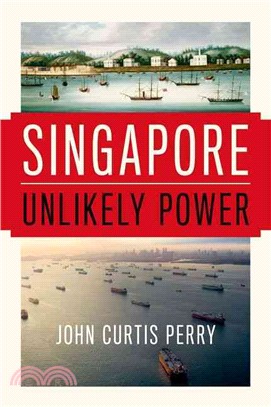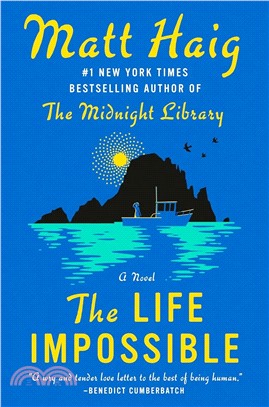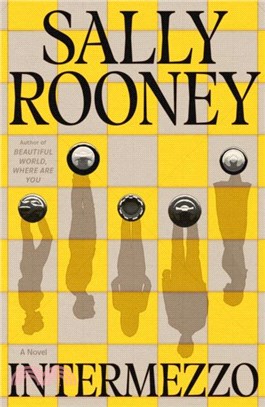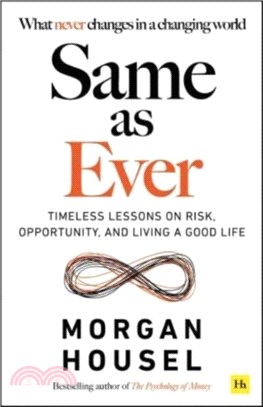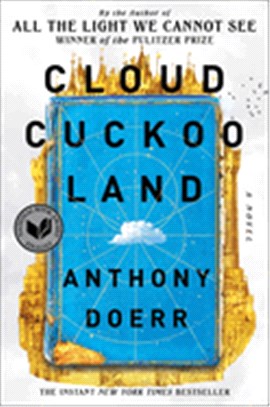Singapore ─ Unlikely Power
商品資訊
ISBN13:9780190469504
出版社:Oxford Univ Pr
作者:John Curtis Perry
出版日:2017/02/01
裝訂/頁數:精裝/352頁
規格:24.1cm*16.5cm*2.5cm (高/寬/厚)
定價
:NT$ 1292 元優惠價
:90 折 1163 元
無庫存,下單後進貨(到貨天數約30-45天)
下單可得紅利積點:34 點
商品簡介
作者簡介
相關商品
商品簡介
When Lee Kuan Yew died recently, the world media turned its attention to the nation he led for decades: Singapore. Lee Kuan Yew's revolutionary transformation of Singapore from a poor and corrupt colonial backwater into an economic powerhouse renowned for its wealth, order, and rectitude is one of the great--and most surprising--stories of modern era.
In Singapore: Unlikely Power, John Perry provides an evenhanded and authoritative history of the island nation that ranges from its Malay origins to the present day. Blessed with a natural deepwater port that is shielded by mountain ranges from oceanic storms and which sits along one of the most strategic straits in the world, Singapore has served as a major shipping entrepot throughout modern history. The first great naval power to exploit the island's strategic location was China, and during the fourteenth and fifteenth centuries thousands of Chinese emigrated to Singapore. The most famous colonizer, though, was Britain, which ruled Singapore until the 1960s except for when the Japanese occupied it during World War Two. From the early nineteenth century onward, Singapore was a vital node in the global economy, which relied on oceanic shipping and the protection of the British Navy. Perry covers all of this before turning to the era of independence, which began in the 1960s. Plagued with the usual assortment of ills that former colonies in the tropics suffered from--corruption, inequality, lack of an educated population--Singapore improbably vaulted from essentially third-world status into a first world dynamo over the course of three decades. In the process, longtime leader Lee Kuan Yew did many things that other post-colonial leaders shunned. He embraced the colonial past, established close ties with its World War Two tormentor (Japan), and adopted a resolutely pragmatist approach to economic development rather than following any one fashionable ideological program. Today, it is one of the wealthiest and best educated countries in the world, and it is a model regime for states looking to develop rapidly but which are relatively unconcerned with freedom or democracy (although Singapore itself is a democracy). In sum, this is an accessible, comprehensive, and indeed colorful overview of a city-state that has perfected one of the most influential political-economic models in the world.
In Singapore: Unlikely Power, John Perry provides an evenhanded and authoritative history of the island nation that ranges from its Malay origins to the present day. Blessed with a natural deepwater port that is shielded by mountain ranges from oceanic storms and which sits along one of the most strategic straits in the world, Singapore has served as a major shipping entrepot throughout modern history. The first great naval power to exploit the island's strategic location was China, and during the fourteenth and fifteenth centuries thousands of Chinese emigrated to Singapore. The most famous colonizer, though, was Britain, which ruled Singapore until the 1960s except for when the Japanese occupied it during World War Two. From the early nineteenth century onward, Singapore was a vital node in the global economy, which relied on oceanic shipping and the protection of the British Navy. Perry covers all of this before turning to the era of independence, which began in the 1960s. Plagued with the usual assortment of ills that former colonies in the tropics suffered from--corruption, inequality, lack of an educated population--Singapore improbably vaulted from essentially third-world status into a first world dynamo over the course of three decades. In the process, longtime leader Lee Kuan Yew did many things that other post-colonial leaders shunned. He embraced the colonial past, established close ties with its World War Two tormentor (Japan), and adopted a resolutely pragmatist approach to economic development rather than following any one fashionable ideological program. Today, it is one of the wealthiest and best educated countries in the world, and it is a model regime for states looking to develop rapidly but which are relatively unconcerned with freedom or democracy (although Singapore itself is a democracy). In sum, this is an accessible, comprehensive, and indeed colorful overview of a city-state that has perfected one of the most influential political-economic models in the world.
作者簡介
Professor of Maritime History, Tufts University, Fletcher School of Law and Diplomacy
主題書展
更多
主題書展
更多書展今日66折
您曾經瀏覽過的商品
購物須知
外文書商品之書封,為出版社提供之樣本。實際出貨商品,以出版社所提供之現有版本為主。部份書籍,因出版社供應狀況特殊,匯率將依實際狀況做調整。
無庫存之商品,在您完成訂單程序之後,將以空運的方式為你下單調貨。為了縮短等待的時間,建議您將外文書與其他商品分開下單,以獲得最快的取貨速度,平均調貨時間為1~2個月。
為了保護您的權益,「三民網路書店」提供會員七日商品鑑賞期(收到商品為起始日)。
若要辦理退貨,請在商品鑑賞期內寄回,且商品必須是全新狀態與完整包裝(商品、附件、發票、隨貨贈品等)否則恕不接受退貨。



